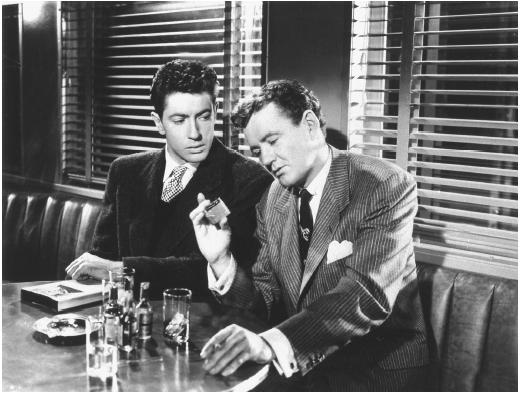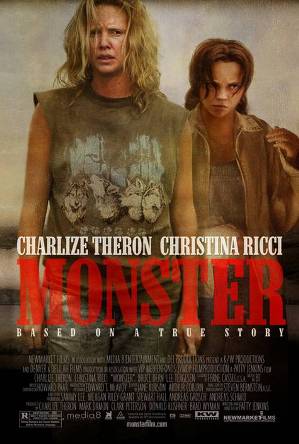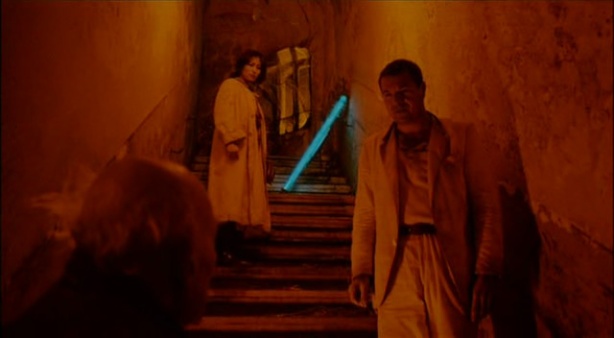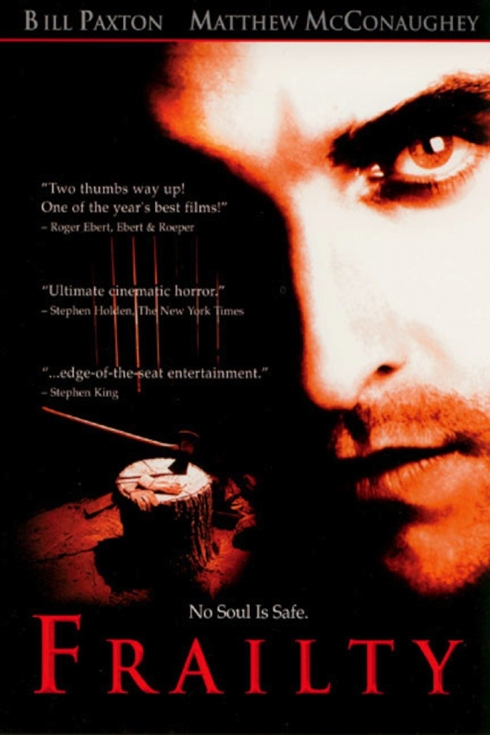While on the set of Strangers on a Train, Alfred Hitchcock told the cast and crew that this was truly his first movie. Of course, that wasn’t actually the case. Hitchcock was making silent films before going on to classics like The 39 Steps, Rope, and Infamous. What Hitchcock meant by this was this was his first film where he could fully explore themes that were taboo at the time, while also telling a suspenseful story full of action and mystery. Strangers on a Train is definitely an interesting film in Hitchcock’s filmography. It was the start of a string of movies that would go on to change film history for the better, and was one of the first instances that showed how much of a story Hitchcock could tell without using dialogue.
Guy Haines (Farley Granger) is an amateur tennis star on his way to meet his wife, Miriam (Laura Elliot), to discuss matters of their divorce. While on the train, Guy meets a fellow traveller named Bruno Anthony (Robert Walker), who has a very strange idea he’d like to share with Guy. Bruno believes that the perfect murder could be committed by a team of two, where one person murders the other person’s victim. Guy humors Bruno, but never actually thinks he’d follow through with his ludicrous plan. Unfortunately, Bruno is not a person to doubt, so when he murders Guy’s wife, Guy is forced to live his life evading Bruno and his desperate attempts to have Guy murder his father. Anne Morton (Ruth Roman), Guy’s wife to be, discovers this absurd plot and starts to help Guy put a stop to Bruno’s nefarious schemes. When this proves unsuccessful, and Bruno reveals a more sinister plan he has up his sleeve, Guy is forced to take action to clear his name and protect his family.
Before we get to the nitty gritty of Strangers on a Train, this movie succeeds greatly entertainment wise, and holds up really well today, as most Hitchcock movies do. We don’t call Hitchcock the Master of Suspense for nothing. This movie is full of great suspense and action that keeps the viewer engaged the entire movie. Certain scenes really stand out like when Bruno is staring down Guy during a tennis match or even the scene where the two men first meet. Don’t even get me started on the climax. Hitchcock understood what it meant to make a great set piece, and the climax is not only extremely satisfying, but also loud and intense. It worked great with all of the quiet menace that was spread throughout the movie. There’s also plenty of that great, dark Hitchcock humor. There’s something hilarious about watching two giddy old women talking about planning a murder.
Everyone in this movie do great jobs with their characters. Farley Granger plays the unassuming protagonist very well, and Ruth Roman gives a strong performances as his lover trying to keep him on track. The real scene stealer, and I’m sure anyone would agree with this, is Robert Walker. There’s something really sleazy about the way he plays Bruno and he becomes one of Hitchcock’s most memorable villains. The character of Bruno is pretty interesting. He’s not some dastardly guy who deserves any kind of revenge. He’s a spoiled, demented brat who just loves causing chaos. He’s dangerous because he will do whatever he has to to get what he wants, and Walker really nails it.
Like I said before, this movie provided Hitchcock with material to explore things that were forbidden in Hollywood, but of course the Master of Suspense is also pretty masterful with subtlety. For one thing, there’s a motif of doubles all throughout the movie. There’s two men part of the conspiracy, two bespectacled women in danger, two murders, and even two players on a tennis court. Hitchcock was very interested with the duality of humanity and the moral gray area that most certainly exists. There’s also a very clear homoerotic vibe coming from Bruno. Hitchcock made it clear in the movie and confirmed it later that Bruno was attracted to Guy in a homosexual kind of way. That was most certainly a big no-no in Hollywood, but it’s something that just makes the characters and movie deeper than it could have been.
Strangers on a Train doesn’t necessarily reach the heights of other Hitchcock films like Rear Window or Vertigo, but it is still an exceptional movie. There’s plenty of action, suspense, and menace to keep anyone entertained. Robert Walker completely steals the show as one of the most memorable villains I’ve seen in a long time, and Hitchcock’s subtle exploration of taboo themes adds an extra layer to enjoy. Strangers on a Train is objectively defined as a classic, and it has certainly earned that title.







